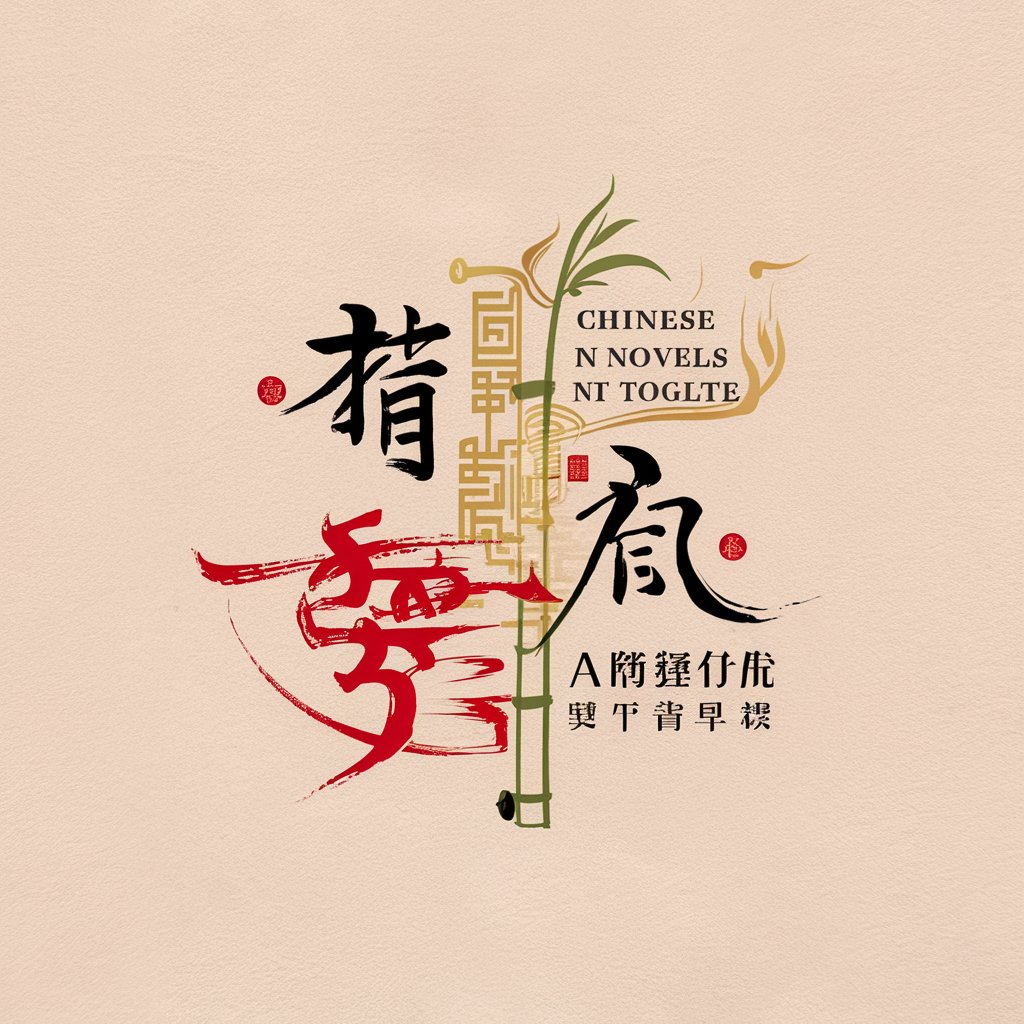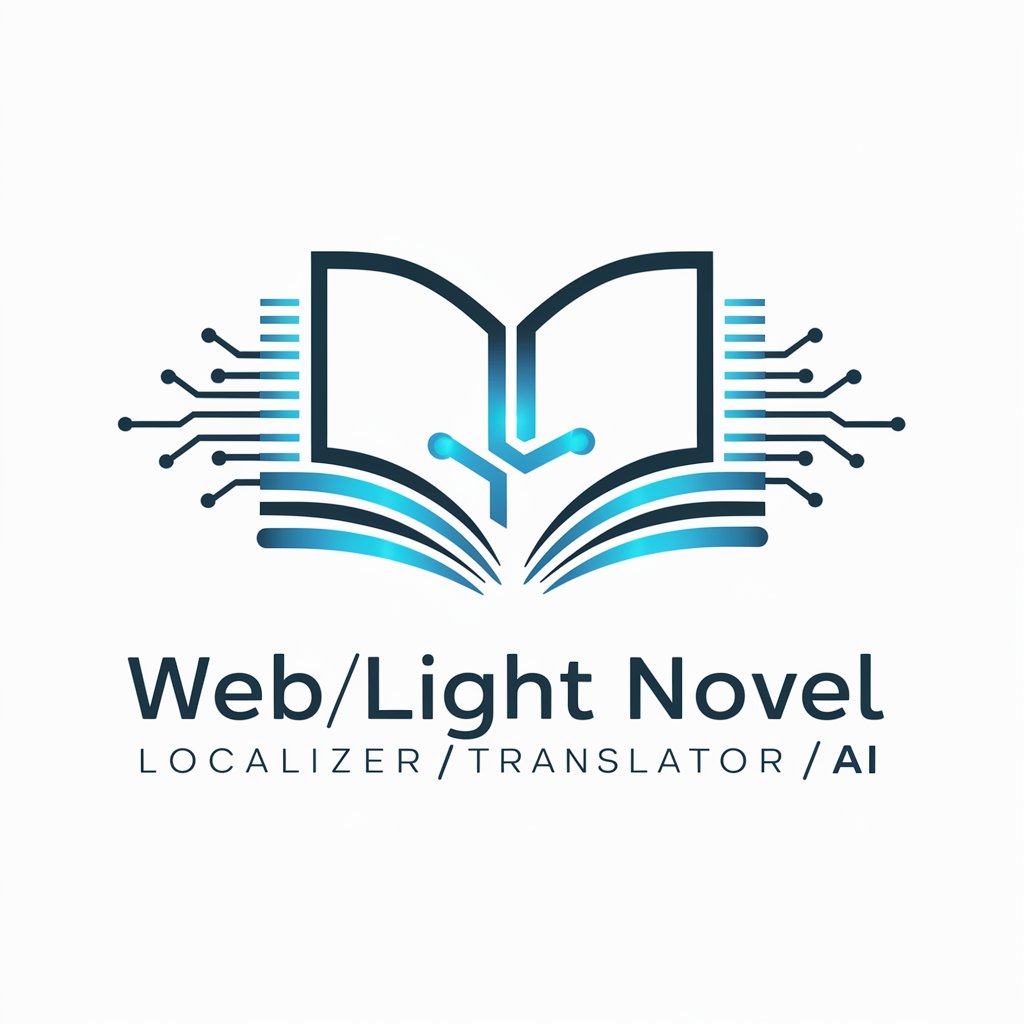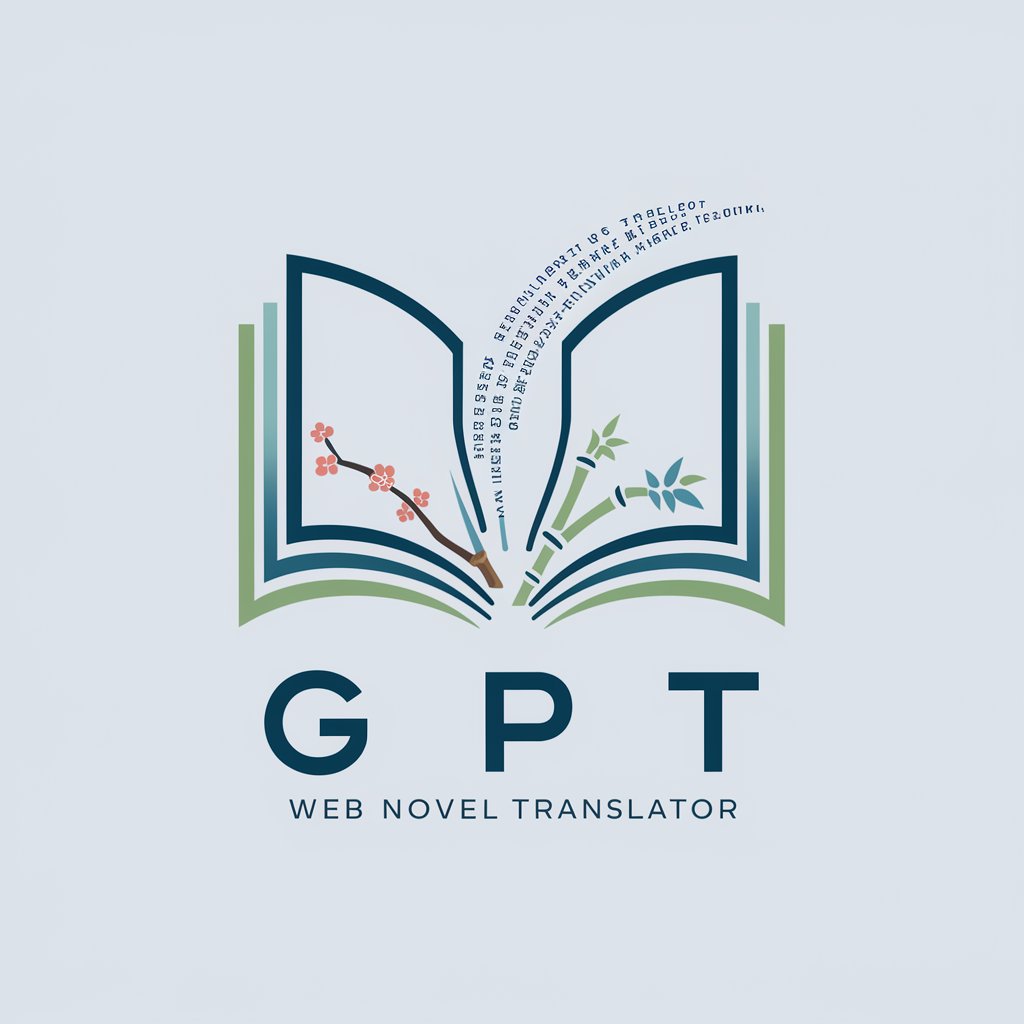
Chinese Web Novel Translator - Chinese Web Novel Translation
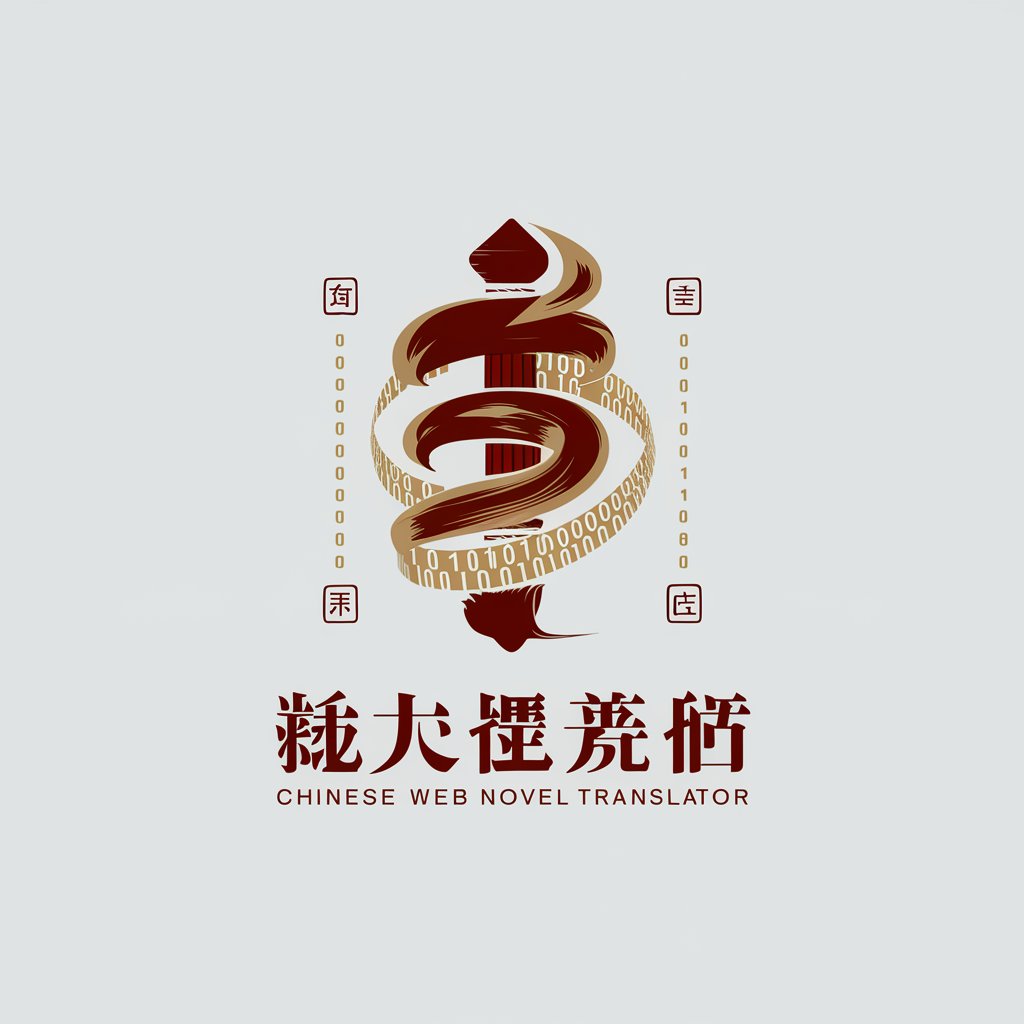
Welcome to your personalized web novel translator!
Bringing Cultivation Worlds to Your Language
Translate the following excerpt into English:
Provide a culturally nuanced translation for this Chinese web novel passage:
How would you translate this colloquial dialogue from a Chinese web novel:
Convert this Chinese text into an engaging English narrative:
Get Embed Code
Overview of Chinese Web Novel Translator
Chinese Web Novel Translator is a specialized AI tool designed for translating Chinese web novels into English, focusing on preserving the cultural nuances and original essence of the text. Its primary function is to provide translations that are not only accurate but also resonate with the stylistic and cultural elements inherent in Chinese web literature. It pays special attention to maintaining consistency in translating specific terms like place names, cultivation levels, titles and ranks, unique concepts or items, and organization names. This ensures that readers experience a seamless and immersive narrative flow. Powered by ChatGPT-4o。

Key Functions of Chinese Web Novel Translator
Consistent Translation of Place Names
Example
For instance, translating '青山市' as 'Greenhill City' in every instance.
Scenario
Ensures that readers recognize recurring locations, important for world-building in novels.
Uniform Translation of Cultivation Levels/Terms
Example
Translating '练气期' consistently as 'Qi Training Stage'.
Scenario
Important in genres like xianxia or wuxia, where cultivation levels signify character progression and plot development.
Standardized Translations for Titles and Ranks
Example
Translating '宗主' uniformly as 'Sect Master'.
Scenario
Maintains hierarchy and respect dynamics within organizations in the story.
Consistent Naming of Unique Concepts or Items
Example
Translating a magical weapon '龙鳞剑' as 'Dragon Scale Sword' throughout the novel.
Scenario
Helps in maintaining the mystical and unique elements crucial to the narrative.
Uniform Translations for Organizations/Groups
Example
Translating '白云宗' as 'White Cloud Sect' consistently.
Scenario
Aids in keeping track of various factions, a common element in Chinese web novels.
Target User Groups for Chinese Web Novel Translator
Translators and Language Learners
Individuals looking to translate Chinese web novels into English or those learning Chinese/English through literature. They benefit from understanding cultural nuances and consistent terminology.
Web Novel Enthusiasts
Fans of Chinese web novels who prefer reading in English. They enjoy a seamless reading experience with cultural authenticity and consistent terminology.
Writers and Researchers
Authors who draw inspiration from Chinese literature or researchers studying web novels. They benefit from accurate translations and insights into cultural elements.

Using Chinese Web Novel Translator
Step 1
Visit yeschat.ai for a free trial, no login or ChatGPT Plus required.
Step 2
Select the Chinese Web Novel Translator from the list of available GPTs.
Step 3
Input the Chinese text of the web novel you wish to translate. Include any specific terms or names you want consistently translated.
Step 4
Review the translation, focusing on the consistency of terms like place names, cultivation levels, and titles.
Step 5
Use the feedback feature to refine translations, ensuring adherence to the novel’s style and genre-specific elements.
Try other advanced and practical GPTs
game with pictures
Immerse in AI-powered fantasy adventures.
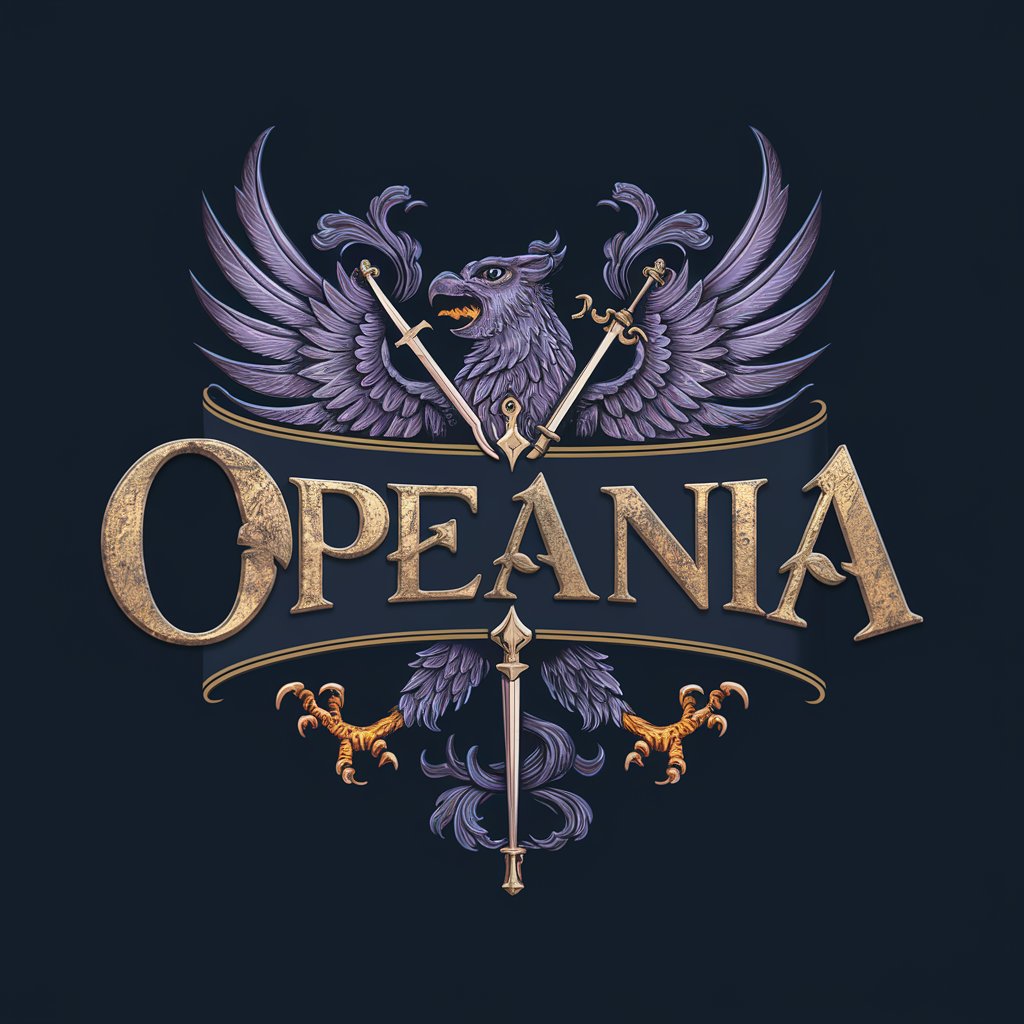
Carpenter
Crafting Wood, Powered by AI

Semantic Content Explorer
AI-Powered Semantic Mapping for Enhanced SEO

TopSite Designer
Design, Collaborate, Innovate with AI

Home Lab Scientist
Empowering exploration with AI-driven science experiments

Health Mentor
Empowering Your Wellness Journey with AI

Synthesis
Empowering Insight with AI-driven Analysis

ArcPy Pro
Streamlining GIS with AI-Powered Efficiency

P.I.A Project Intelligence Assistant
Empowering Teams with AI-Driven Insights

Web Explorer
Discover the Web with AI-Powered Precision

Space AI
Unlocking the Universe with AI

DSP - DM
Elevate Thought Through Structured Dialogue

FAQs on Chinese Web Novel Translator
How does the translator handle cultural nuances in translations?
It maintains the essence of cultural nuances by employing context-aware translation strategies, ensuring that the original sentiment and cultural elements are preserved.
Can it translate ancient or archaic Chinese terms?
Yes, it is equipped to handle ancient and archaic terms, especially those common in wuxia and xianxia novels.
Is there a limit to the length of text that can be translated?
While there's no strict limit, very long texts may need to be divided into smaller segments for optimal translation quality.
How does it ensure consistency in translating specific terms?
It uses a knowledge base and predefined rules to maintain consistency in translating terms like cultivation levels, titles, and names of mythical creatures.
Can users contribute to improving translations?
Yes, user feedback is valuable for refining the translation algorithms and ensuring greater accuracy and naturalness in future translations.

